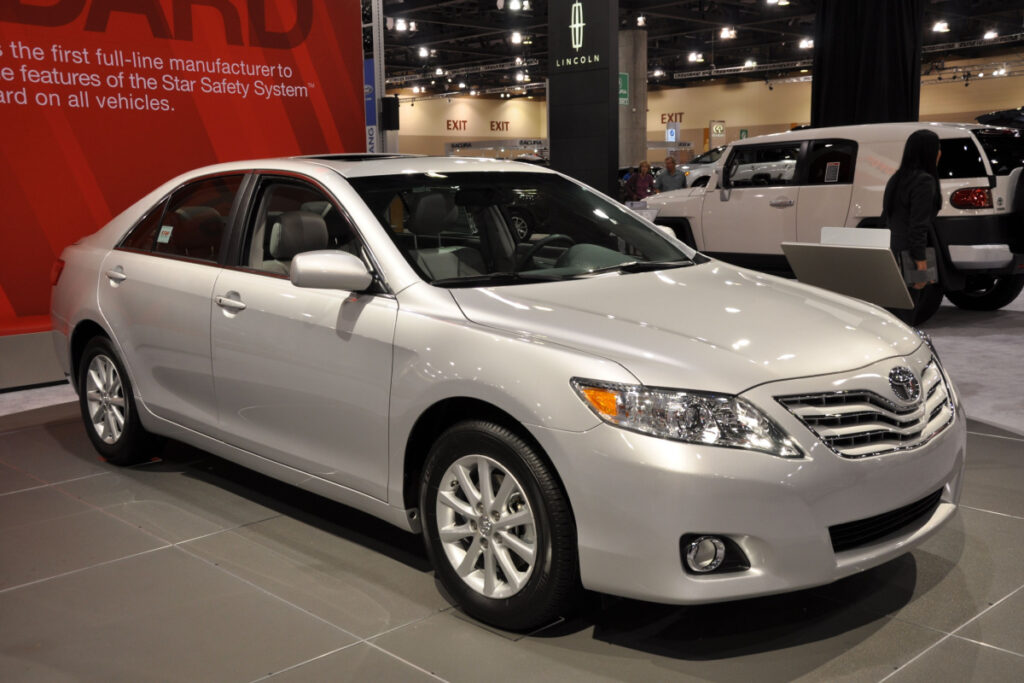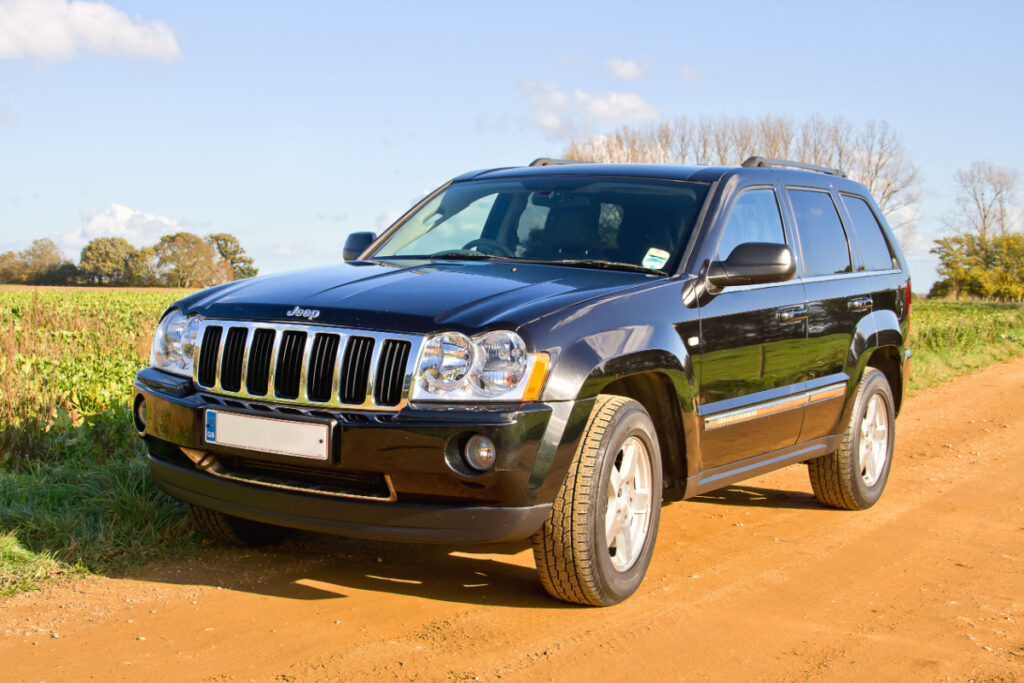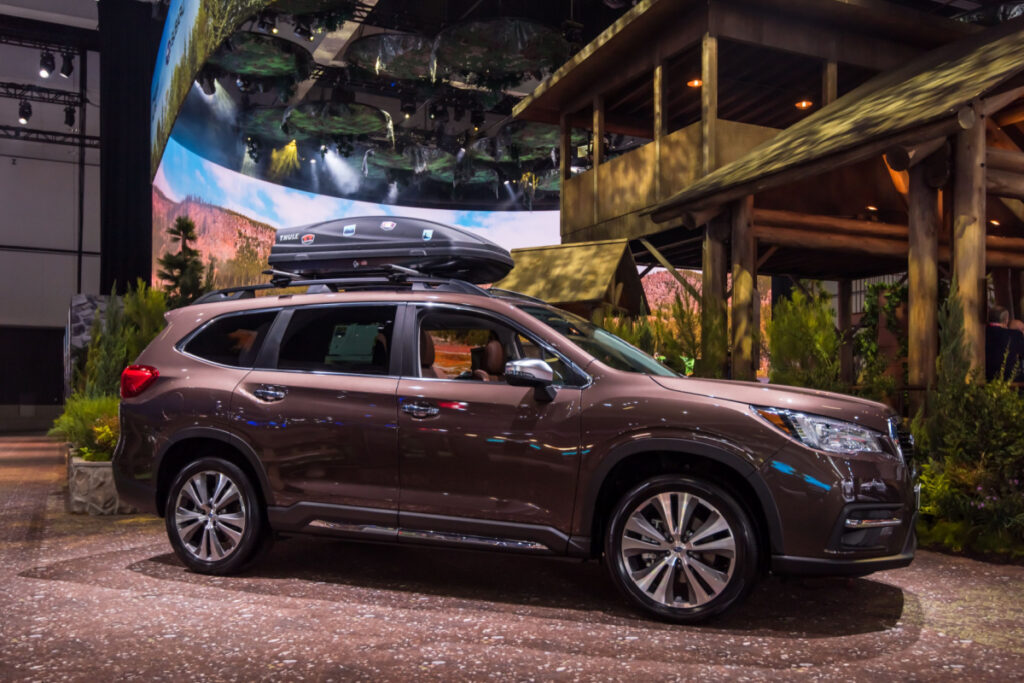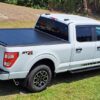In the vast world of automobiles, cars stand as symbols of freedom, power, innovation, and design. Yet, at times, behind the glossy exteriors and the roar of engines hide unforeseen dangers that can turn these engineering marvels into safety nightmares.
Contents
1971 Ford Pinto

The Ford Pinto is infamous for its recall related to a major design flaw. The car’s fuel tank was susceptible to rupture in rear-end collisions, potentially causing deadly fires. This design flaw resulted in a massive recall of 1.5 million Pintos and Pinto wagons in 1978.
1981-1983 Toyota Pickup Trucks

Toyota recalled nearly a million pickup trucks manufactured between 1981 and 1983 due to a steering relay rod prone to fatigue and cracking over time. This could result in losing steering control, posing a considerable danger to drivers.
1991-2001 Ford Explorer

The Ford Explorer had to be recalled due to tire and vehicle design issues. The SUVs were fitted with Firestone tires, prone to tread separation, and, combined with the vehicle’s high center of gravity, led to numerous rollovers. The incident led to a recall of over 13 million tires.
2000-2001 Toyota Tundra

These trucks were recalled due to concerns over excessive corrosion that could cause the spare tire to separate from the vehicle, posing a risk to other drivers. The recall eventually involved around 110,000 vehicles.
2004-2010 Toyota Prius

The hybrid car was recalled in 2014 for an issue with the car’s software that controlled the hybrid powertrain, which could cause the vehicle to enter a failsafe mode while driving, reducing power and potentially causing a stall. The recall affected approximately 1.9 million Prius cars worldwide.
2005-2010 Chevrolet Cobalt

General Motors had to recall more than 2 million vehicles, including the Chevy Cobalt, because faulty ignition switches could shut off the engine during driving, disabling the airbags. This defect was linked to at least 124 deaths.
2007-2010 Volkswagen Tiguan

VW recalled approximately 2.6 million vehicles, including the Tiguan model, due to a defect in the fuel system that could lead to leaks, potentially causing fires.
2009-2011 Toyota Vehicles

In one of the largest recalls in history, Toyota recalled more than 9 million vehicles after three separate but related recalls. All recalls were due to an issue with unintended acceleration. The problem was linked to floor mats that could entrap the accelerator pedal, causing the vehicle to accelerate uncontrollably.
2013-2014 Hyundai Santa Fe

Hyundai had to recall more than 1 million cars, including the Santa Fe model, due to a potential issue with the brake light switch, which could fail and cause the automatic transmission to stick in place or the brake lights not to illuminate.
2014 Jeep Grand Cherokee

Jeep recalled about 1.1 million vehicles worldwide, including the 2014 Grand Cherokee, due to a confusing electronic gearshift design that could lead to vehicles rolling away unexpectedly.
2016-2017 BMW 7 Series

BMW recalled over 45,000 cars due to an issue with the doors, which appeared closed but were unlatched. This presented the risk of doors opening while the car was in motion.
2019 Subaru Ascent

Subaru had to recall nearly 300 of their Ascent SUVs due to a risk that these vehicles may be missing key welds on the B-pillar, which holds the second-row door hinges, presenting a risk in the event of a crash. It was estimated that all but nine of these vehicles would be destroyed due to the severity of the defect.
This article originally appeared on MyCarMakesNoise.
More from MyCarMakesNoise
13 Most Irritating Car Features According to Drivers

While modern cars boast an array of advanced features aimed at enhancing comfort and safety, some of these innovations can inadvertently lead to driver frustration. From intrusive safety alerts to complex control systems, this article explores various car features that often fall short of expectations, highlighting the importance of intuitive design in vehicles. Read More.
The 13 Most Influential Motorcycle Racers in History

Motorcycle racing has seen many legendary racers over the years, each leaving an indelible mark on the sport. Here, we give you the 13 of the greatest motorcycle racers in history. Each racer has shown exceptional skill, bravery, and determination, making them stand out in the high-speed, high-risk world of motorcycle racing. Read More.
22 Scenic Byways for Nature Lovers and Photographers

Embarking on a journey along scenic byways provides a perfect blend of adventure and tranquility for nature lovers and photographers alike. These routes traverse through some of the most breathtaking landscapes, offering endless opportunities to witness wildlife, soak in panoramic views, and capture stunning photographs. Read More.














